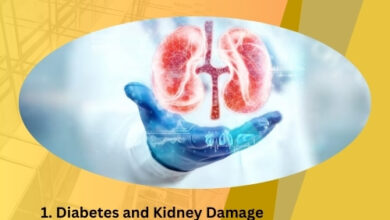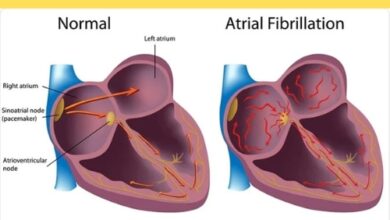Study finds female doctors have higher risk for suicide

According to a recent study, the suicide incidence among female doctors is far greater than that of the general population.
According to studies, female doctors are 76% more likely to commit suicide than the general population.
According to findings released on Wednesday in the BMJ, male doctors had an 81% higher risk of suicide than other professionals, although their risk was still around the same as that of the general public.
Under the direction of epidemiologist Eva Schernhammer of the Harvard T.H. Chan School of Public Health in Boston, the research team came to the conclusion that “suicide rate ratios for physicians appear to have decreased over time, but are still increased for female physicians.”
According to background notes from researchers, physicians are thought to be a profession with a high suicide risk. According to studies, there is an approximate daily suicide death rate of one doctor in the United States and around one every ten days in Britain.
Researchers discovered both male and female physicians had a higher overall risk of mortality in a 2004 analysis, which they attributed in part to increased incidence of suicide.
Researchers examined information from 39 studies conducted in 20 different nations between 1935 and 2020 for this new review.
Over time, there has been a decrease in the suicide rates among male and female doctors, according to a different review of the ten most recent research. Nonetheless, the data indicate that the suicide rate among female doctors is still 24% more than that of the overall population.
Researchers speculated that the decline in suicide rates may have been caused by more workplace support for physicians and increased knowledge of mental health issues.
According to an accompanying editorial co-written by Dr. Clare Gerada, patron of Doctors in Distress, a nonprofit organisation that provides emotional assistance to doctors in Britain, doctors typically exhibit personality qualities including perfectionism, obsessiveness, and competitiveness.
According to Gerada and colleagues, these characteristics “in highly stressful work environments can result in a triad of guilt, low self-esteem, and a persistent sense of failure.”
“Doctors also have access to potentially dangerous drugs, including opiates and anaesthetic agents such as propofol, which have been implicated in the relatively high rate of suicide documented among anaesthetists,” the writers said.
According to the editorial, treating systemic problems with work-life balance, stress at work, and unfulfilled emotional and psychological needs will lower the incidence of suicide among doctors.




